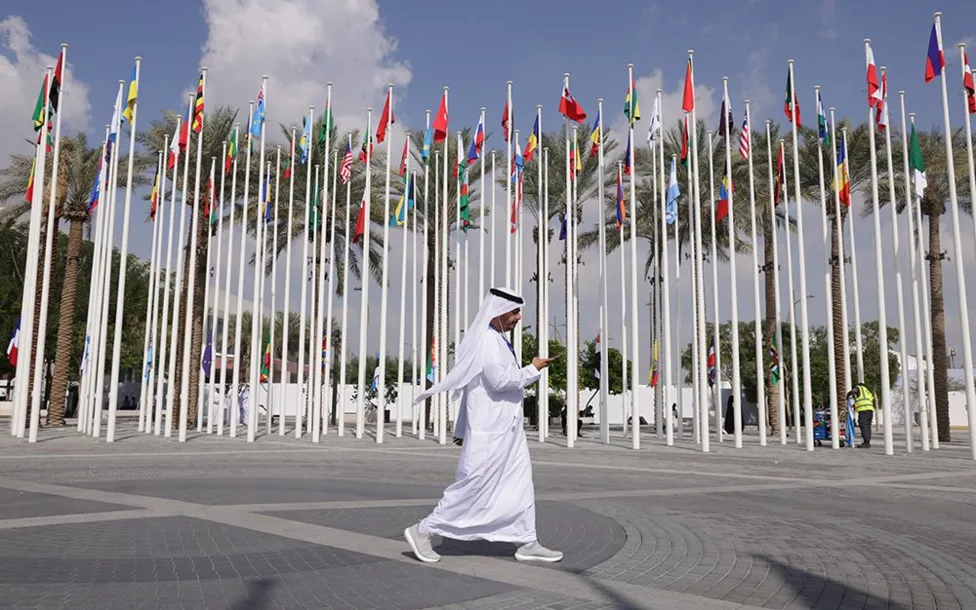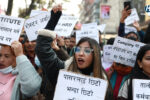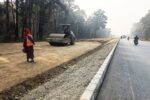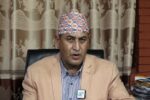You are going to be hearing a lot about COP28 over the next two weeks.
The world’s most important climate meeting, beginning on Thursday, is being hosted in Dubai by the United Arab Emirates (UAE) – one of the world’s top ten oil producers.
COP28 will be the biggest gathering of world leaders of the year.
King Charles III and Rishi Sunak will be there, along with dozens of other world leaders and some 70,000 other attendees.
Hosting a climate conference in a petrostate was already controversial – but the BBC’s evidence that the UAE team planned to use climate talks ahead of COP28 to do oil and gas deals has heightened concerns.
So, can a summit in one of the world’s richest oil states deliver meaningful action on climate change?
Campaigner Greta Thunberg has said these UN climate summits are just “blah, blah, blah” – meaning all talk and no action.
But if the COP process did not exist, we would certainly want something like it.
Imagine for a moment that you are an alien visiting the Earth.
You discover the planet faces a potential catastrophe caused by the actions of the people living there.
The first thing that alien would say is: “You guys all need to get together and agree how to sort this out”.
But making progress is tough going.
You may be surprised to discover that the first time that the world collectively agreed to cut the greenhouse gas emissions that cause climate change was only eight years ago, at COP21 in Paris.
Nearly 200 countries pledged to keep global temperature rises “well below” 2C and “pursue efforts” to limit them to 1.5C – crucial to avoiding the most dangerous climate impacts, according to UN scientists.
That Paris agreement in 2015 was a big step forward and has triggered “near-universal climate action”, the UN says. This has helped bring down the level of warming the world can expect.
But the world is still not acting at anywhere near the pace needed to achieve the Paris goals, a recent UN report confirmed.
Trying to address this will be one of the biggest issues for the conference.
At the top of the agenda is an attempt to get an agreement to make the promises of action governments give – known in UN jargon as “Nationally Determined Contributions” or NDCs – more comprehensive.
The idea is that commitments should get progressively bolder over time – like a ratchet, irreversibly increasing ambition.
The hope for COP28 is an agreement that NDCs should be broadened to cover the emissions from all economic activity – including food and farming, for example.
There will also be an effort – and this is a longshot – to try and make countries a bit more accountable for the promises they make.
Currently, the Paris deal can’t force countries to do anything – in the UN process, all action is voluntary.
Another key issue will be cash.
There will be a lot of talk about who pays who for what.
The good news is renewable technologies like wind and solar have got far cheaper and the electricity they generate is now less expensive than fossil fuels in many cases.
One of the UAE’s targets is to get the world to sign up to treble the world’s renewable energy capacity by 2030 – already agreed by the US, China and other G20 countries. It also wants an agreement to double the rate of energy efficiency improvements by 2030.
These measures require large upfront investment, even if they could bring savings in the long term.
And preparing for – and dealing with – the impacts of climate change we already know are coming is going to cost trillions of dollars.
At the heart of these discussions is the profound inequality that divides the world.
Most rich countries got rich by burning fossil fuels.
Poorer countries say the richer nations now need to use some of that cash to help them go green and to deal with the climate impacts the rich world created.
A long-standing promise by developed countries to find $100bn a year to help developing nations with climate action – initially promised by 2020 – looks like it has finally been met.
Also look out for evidence that big global institutions like the World Bank and the International Monetary Fund are bowing to pressure to change their lending rules to help get the cash flowing.
But it will not all be plain sailing.
The big success of COP27 in Egypt in 2022 was the agreement to create a new “Loss and Damage” fund to help deal with climate disasters in the poorest countries.
But which countries – if any – will put money in the fund? The European Union has indicated it is going to open its wallet, but what about the US and other big economies?
China, Saudi Arabia and the Gulf States are still defined as developing countries for COP purposes, by the way, and therefore aren’t obliged to pay into funds like this – a big bone of contention.
And finally we can expect the return of an old COP favourite – the game of “down or out”.
This is the question of the language used to describe the world’s long-term ambitions for “unabated” fossil fuels – coal, oil and gas which are burned without technologies to capture their emissions.
In other words, should the world look to gradually reduce the production and use of polluting fossil fuels over time (“phase down”), or put a complete end date to it (“phase out”) – and when should this be?
It’s a particularly fitting question this year, with the conference being held in a petrostate planning to increase its oil production capacity.
The COP28 president, Sultan al-Jaber, wants to see a “phase down”, but many countries, including those in the EU, are expected to push for a full “phase out”.
Astonishing as it may seem, the world still hasn’t officially committed to either yet.
That’s despite warnings that there are already far more fossil fuels currently being produced or under construction than could be burned if the world is to limit warming to 1.5C.
So, let the discussions begin!
(With inputs from BBC)









Comment